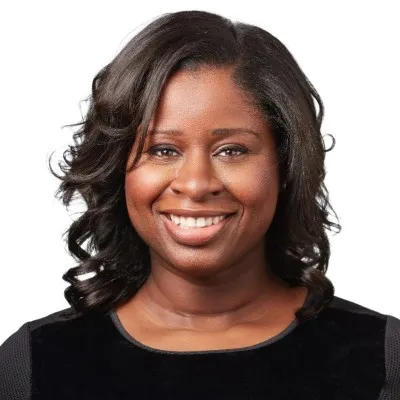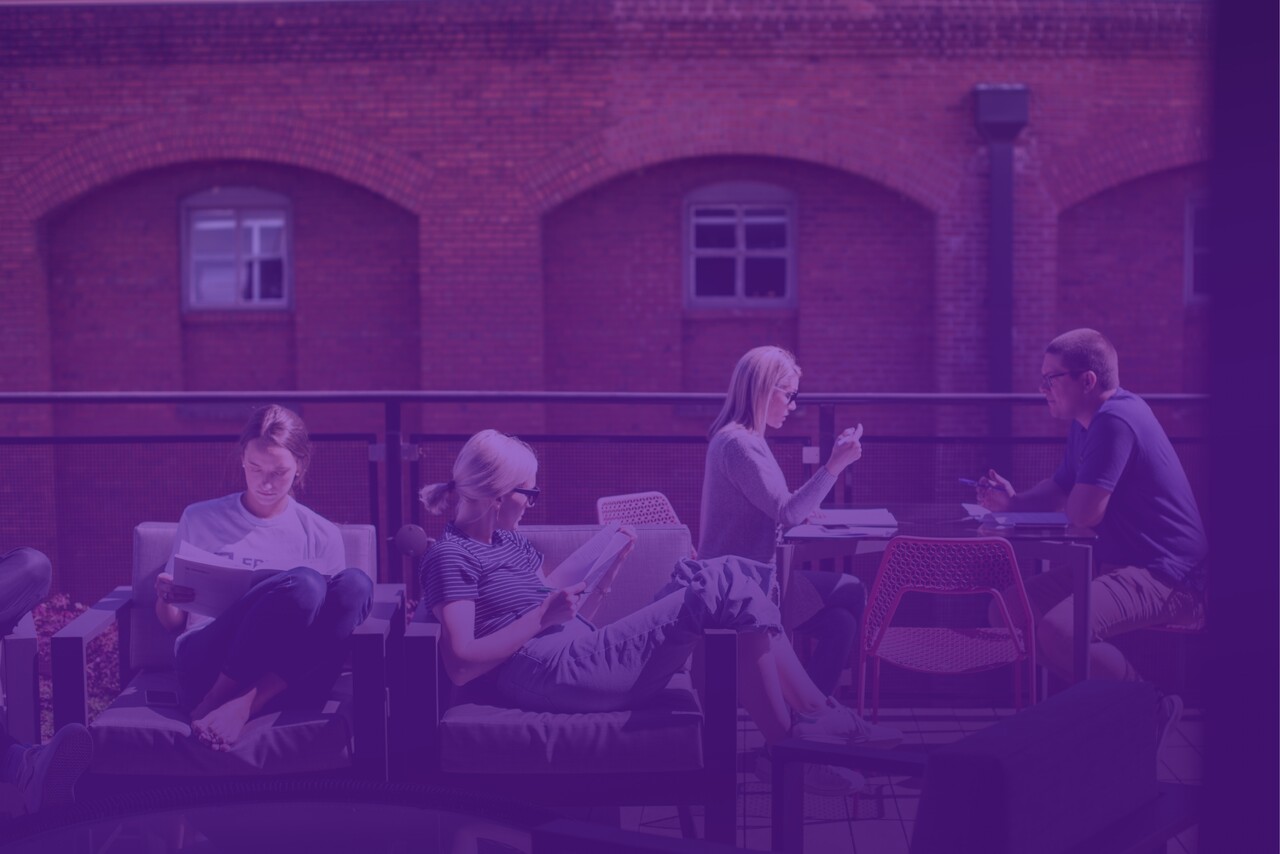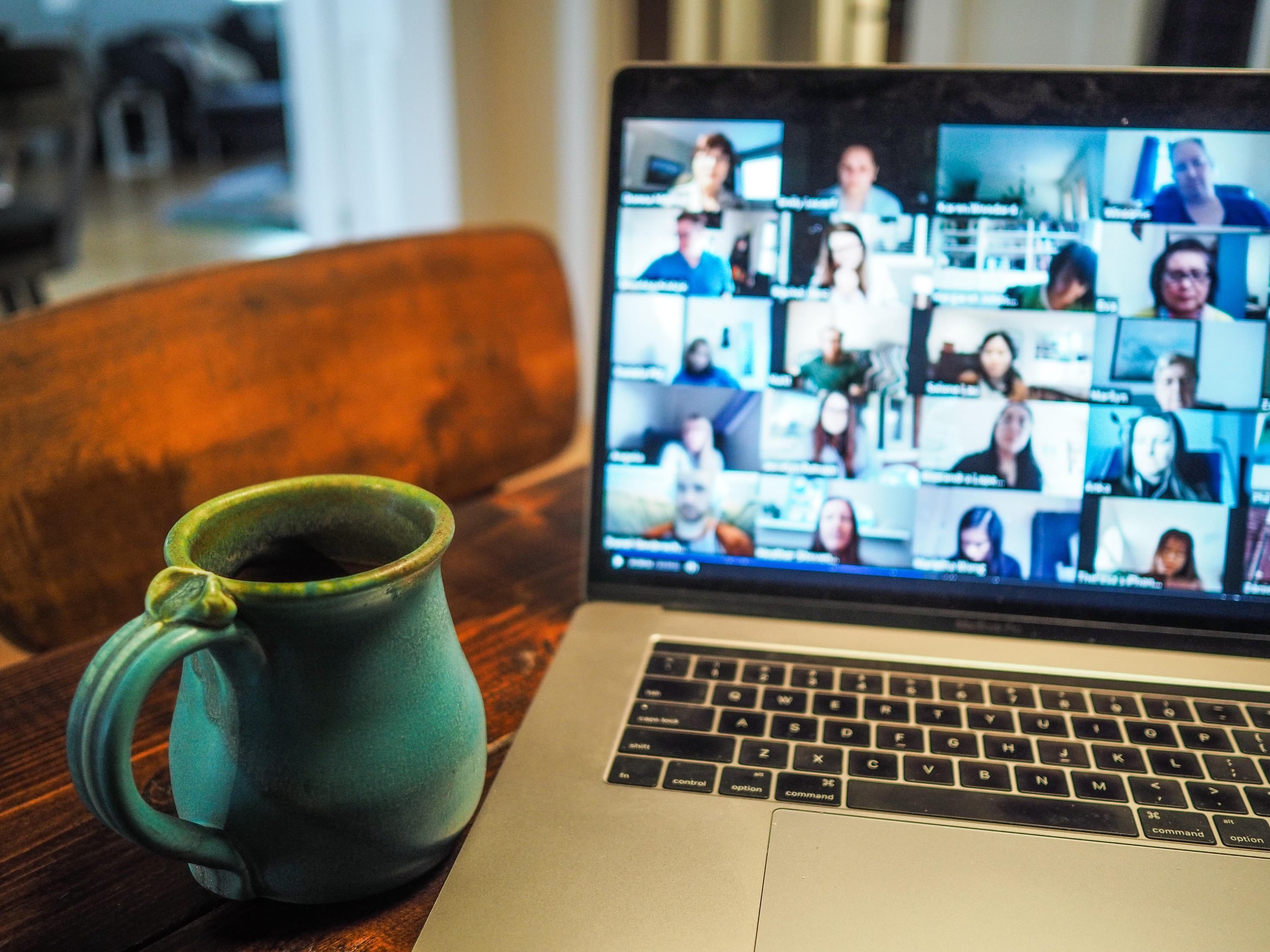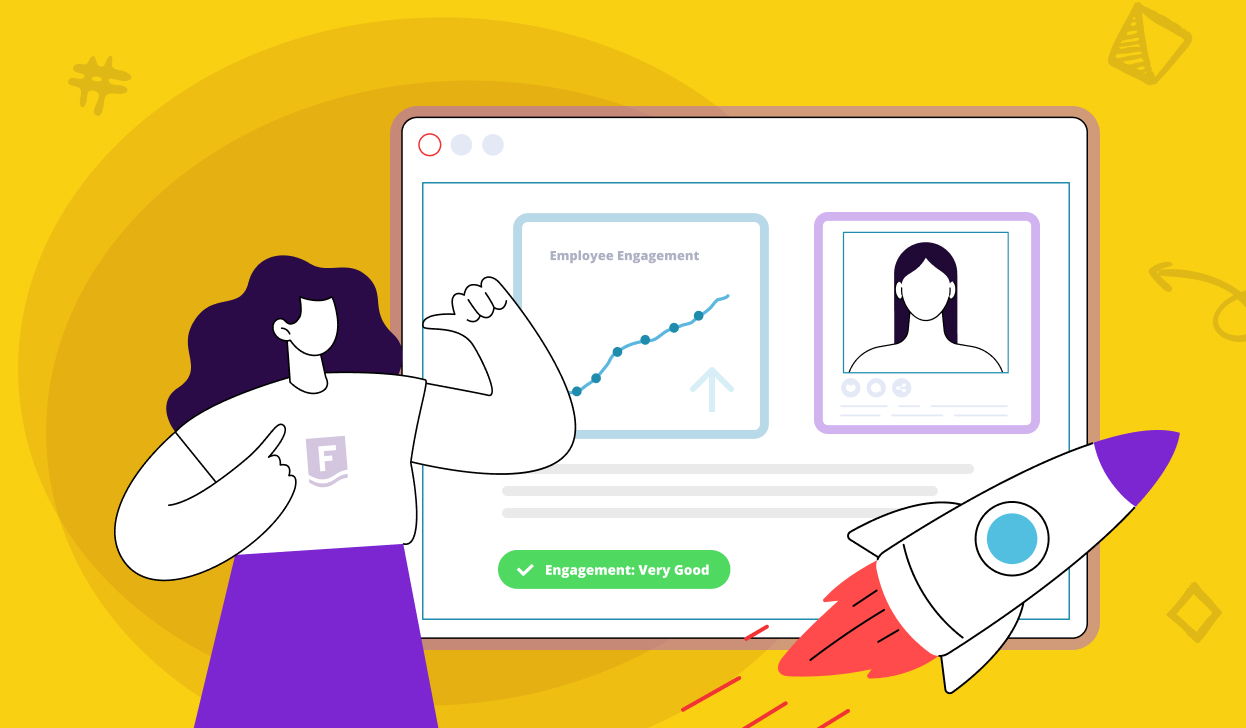How Employee Trust Enables an Evolving Company Culture


The Covid-19 pandemic has had a lasting impact on the way we work today. We recently had a chance to sit down with Matt Oxley, Co-Founder at Opal, to hear about some of the permanent changes they made as a result of the temporary lockdowns and travel restrictions.
Opal is a marketing planning platform that allows clients to see their work through the eyes of the customer. The platform brings together campaigns and content, empowering users to create an amazing brand experience. Opal’s clients include Wendy’s, Target and GM to name just a few.
Opal previously had an office in Portland, Oregon, but made the decision to go fully remote after watching employee productivity, and interpersonal connection, grow during the pandemic. The way Matt frames this decision is trust: he trusts his team members to find the balance that works for them.
Remote Work Isn’t a One-Size-Fits-All
We may have all heard a child cry or a dog back in the background while on a video call, these serve to remind us that the remote work environment is distinct from the office equivalent. Consequently, in some cases, a certain degree of compassion and understanding may be required. It could also be that some team members may need a little assistance in optimizing their work situation.
One of the ways in which Opal supports its employees is by providing access to coworking spaces for everyone in the company. While some team members may be fortunate enough to have a dedicated, soundproof home office, equipped with a comfortable desk and ergonomic chairs, others may have to make do with a walk-in closet.
Coworking spaces also vary in shape, size and amenities, but they all provide a baseline of support, often including booths for confidential phone calls or in-person meetings. By providing these spaces as part of employee benefits, Opal is giving options to team members who want to optimize their remote work environment.
Matt emphasizes that this is just one part in the greater narrative of, “trusting your team and giving them permission to find their own personal balance.” Of course, the company benefits from happy employees, but Matt knows that others will benefit too, whether that be spouses, children or the community at large.

A Friendly Nudge
Habits are hard to break and people are used to choosing the company over their own personal needs. Opal has fought against this by mandating minimums for PTO. By creating a baseline for vacation time instead of making it optional, Opal is trying to encourage a shift in mindset. If people take time off work because they are “forced” to through policies like these, they may experience that they come back to work more refreshed, with new ideas and creativity at their disposal. “We know that personal balance is going to create better humans, and probably better professionals and performance for our business, too,” says Matt.
Another friendly incentive is Opal’s ‘First Fridays’ policy. Every first Friday of the month is given to all employees as a day off. No meetings, no Slack messages, no emails, no exceptions. It has become a favorite benefit since its introduction 18 months ago and has become one more tool in creating that work-life balance.
The merger of personal, professional and social lives brought about by the pandemic is gradually beginning to settle and form boundaries, and programs such as those introduced by Matt and his team can help safeguard those boundaries. They can transform short-term balancing tactics into long-term organizational mindset shifts. More than anything, Matt notes, people appreciate being trusted instead of being supervised.
Meeting In-Person Still Matters
Even though Opal had made the decision to go fully remote, Matt still considers in-person meetings a vital part of the company’s success. It’s a litmus test, he says. “Is the vibe alive? Can you feel the energy? Does what you’re doing remotely on Zoom and Slack still stick when you’re together in person?”
For Matt and Opal, the answer is definitely yes. They recently hosted an all-company event in Portland, where they had the chance to socialize, connect and just be together.
While it’s tempting to use such all-hands meetings as an opportunity to delve deep into strategy and direction, Matt resisted the urge and built a program that emphasized connection. He reasoned that connections build relationships, which in turn build team cohesion, which ultimately uplifts all parts of the company. These get-togethers cannot, and should not, simply be “working together in-person” sessions.
Because the paradigm of in-person work as a default has come to an end, such get-togethers are often the only time employees can meet. Our workforces are now coming from an ever-wider pool of labor. That’s one more advantage that Matt has seen in going remote: “we’re able to get different perspectives in addition to a larger talent pool.”
It’s not easy for a business to turn challenging circumstances into long-term policies that fundamentally improve the company. However, Opal has proven that it is possible as long as you are willing to trust your team. If you want to go deeper with some of the ideas Matt has shared, check out his article on Evolving Opal’s Cultural DNA.
Check Out the Full Episode
If you’d like to learn more about Matt and his vision for evolving company culture, listen to our full interview by tuning into the podcast on Apple or Spotify.
Looking to build your own BragWorthy Culture? Fringe can help. Fringe is the number one lifestyle benefits marketplace. Give your people the power of choice and save a ton of administrative headaches by consolidating existing vendors and programs into a simple, automated platform. Talk to our team to get started.

.jpeg)
